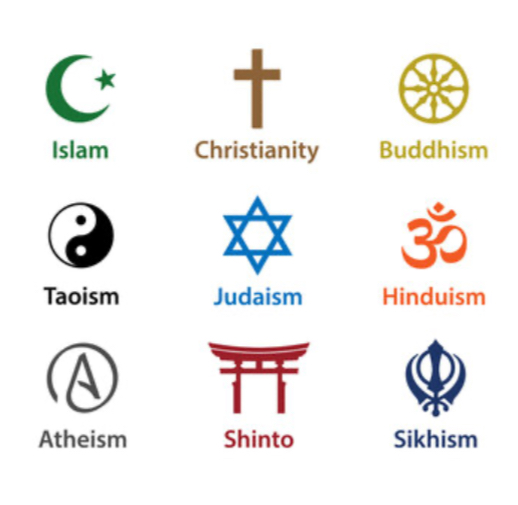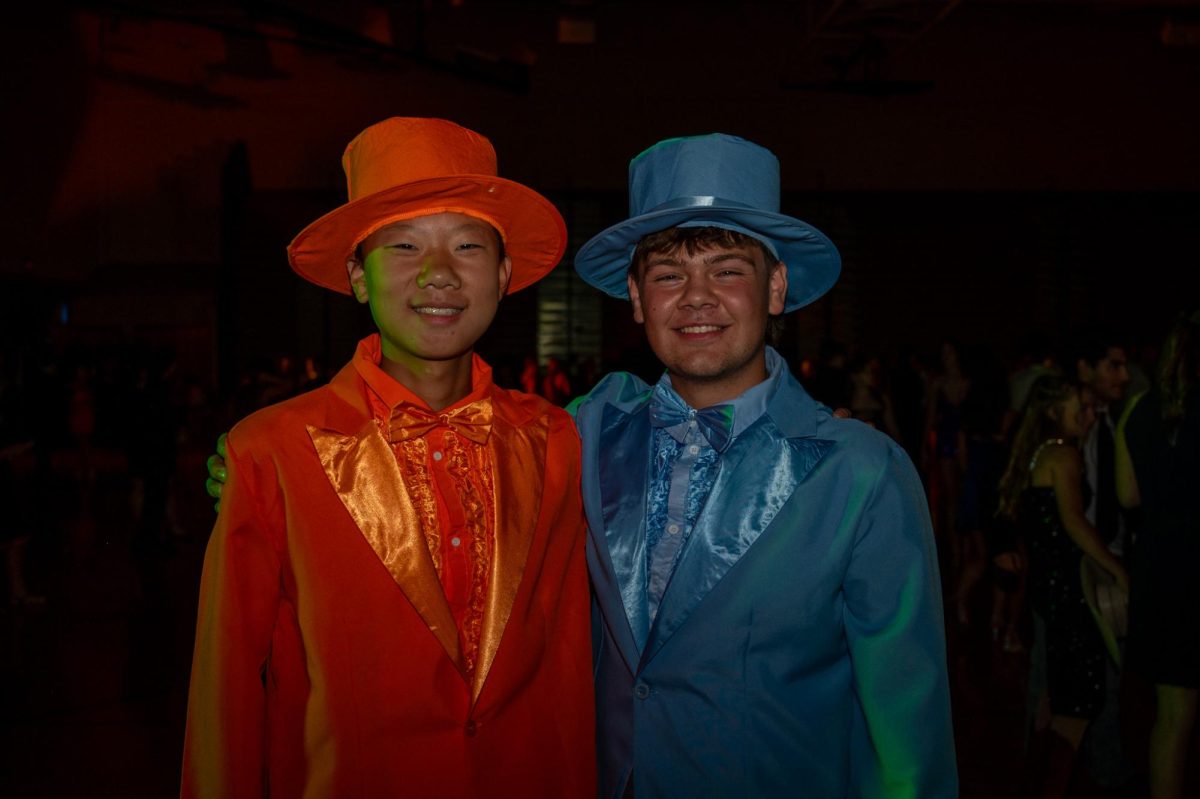When one thinks of religion in the United States, one usually imagines Christianity as that religion. But over the past hundred years or so, that is no longer the case. The term for this “religion” was coined in 2005 by sociologists, Christian Smith and Melina Denton, in their book “Soul Searching.” Through their studies of young people in America, they found many overlaps and named it Moralistic Therapeutic Deism, or MTD.
The main similarities the researchers found that make up a Moralistic Therapeutic Deist are found in the words themselves. Deism is an Enlightenment idea in which God created the world, but since then has not interfered with the world. The moralistic part refers to the idea that God wants us to be morally good within the context of the society that one is a part of and that anyone good will go to heaven. Finally, the therapeutic part of the term is about the idea that God is there to make and keep us happy.
No one calls himself a Moralistic Therapeutic Deist, but there are many reasons it has become so prevalent in American culture. One reason is that MTD allows “positive” sins, sins that are acceptable within society, such as adultery or cussing. Because it allows these sins, it allows people to fit in more, and still say they follow an organized religion, without actually ascribing to its guidelines. Another reason so many are in this “religion” is that it gives more power to people than to God. Through this, people can be prideful of their accomplishments and attribute them to their power, and not God’s power. One more reason for its prevalence is how it allows people to think they will go to heaven if they are just good people. Through this ease, people stay comfortably where they are and don’t have to try hard to feel like they will go to heaven.
Although this seems mostly harmless, there is more than meets the eye. One big problem with this philosophy becoming so popular is that through it we lose an idea of absolute truth. Those who unintentionally follow these ideas have no basis for morality. Much like the ideas of Immanuel Kant, they believe that we can only determine truth based on our own experiences so that everyone is technically correct about everything. By this logic, if one person believes the world is flat, they could be correct because they have only experienced the world through walking it and not seeing it from space. If there is no absolute truth then the entire world falls apart. It also leads people into false religiosity. Those people may believe they follow a certain religion but in the same motion deny the essentials of the faith they say they are a part of. Although this is coming from a Christian perspective, those “fakers” will misrepresent the religions they say they’re a part of; increasing division and hatred among the community. This false religiosity has especially affected the attendance of churches, mosques, and synagogues. Since 1990, attendance has decreased from 67% of adults in the U.S. to 47% in 2020 (Jones). One effect for those who claim Christianity as their religion is that they turn more to their “own understanding” than God’s. When this happens, people will grow to resent God when things inevitably go their way; keeping them away from the faith possibly for the rest of their lives.
In conclusion, Moralistic Therapeutic Deism is the most popular religion in America. It has become so popular mainly because of its simplicity, easiness, and comfortability. It has caused many problems among its followers and the people that interact with them. So, in modern-day America, the main religion is no longer true Christianity, but Moralistic Therapeutic Deism.












